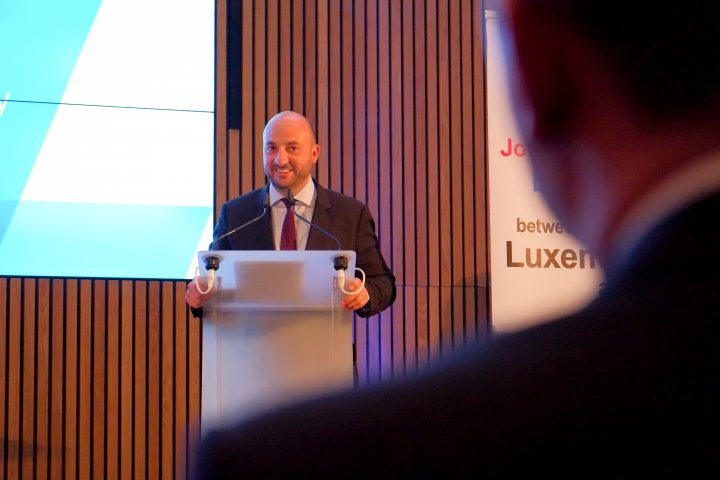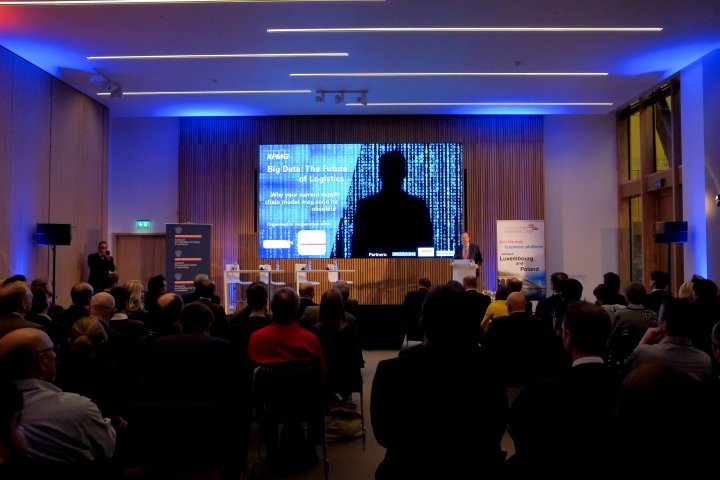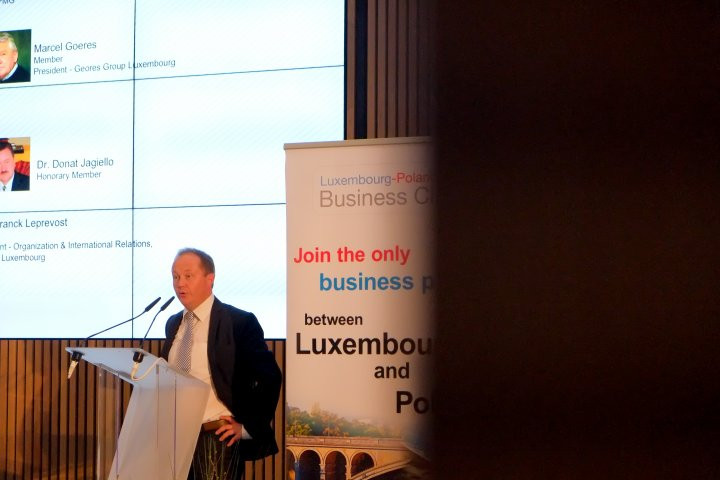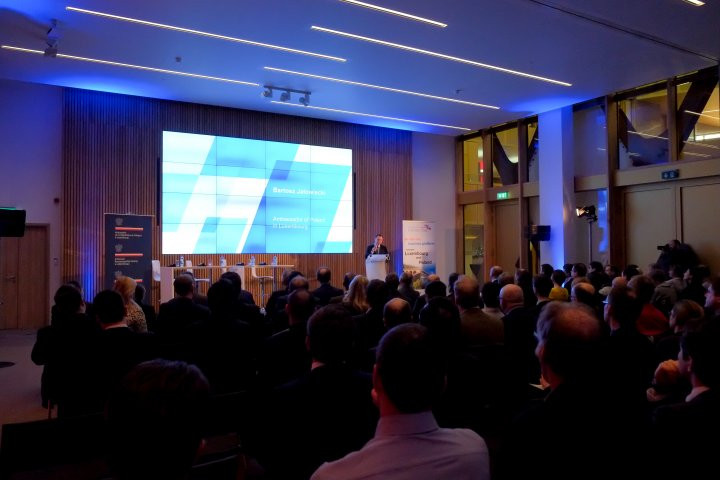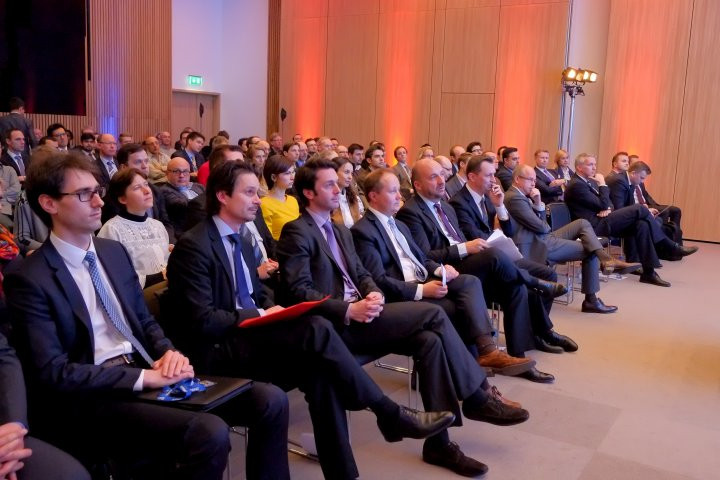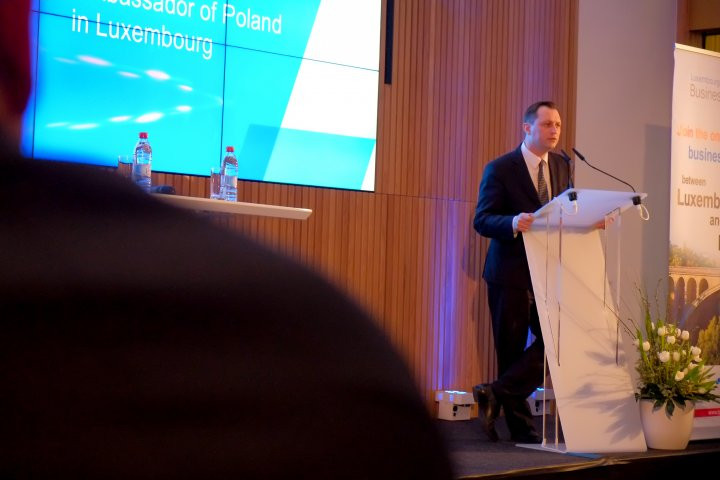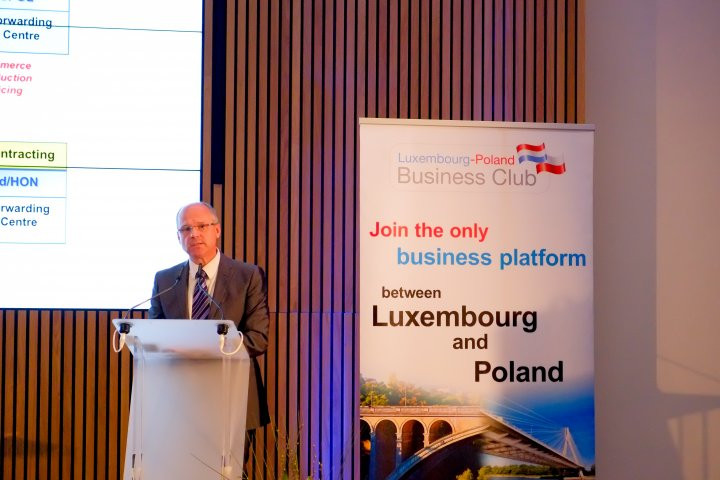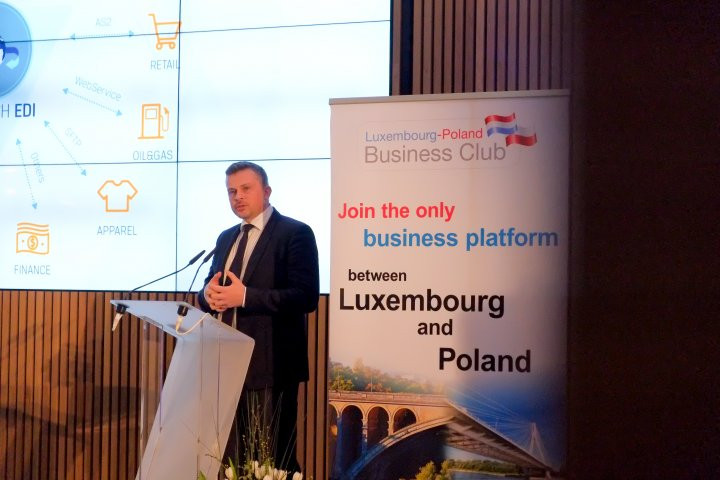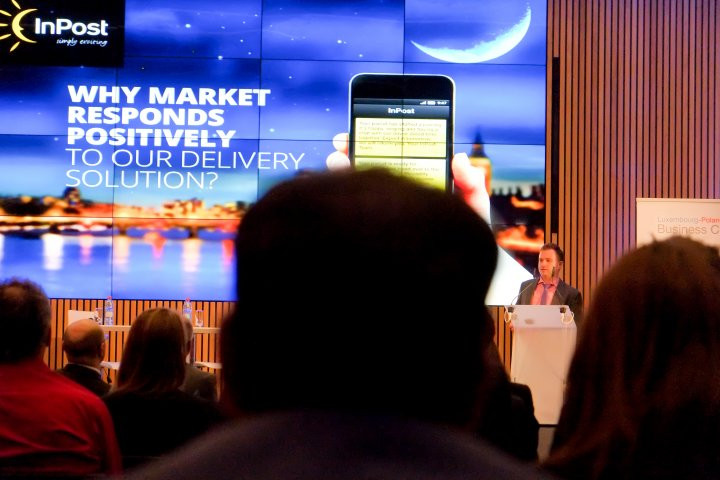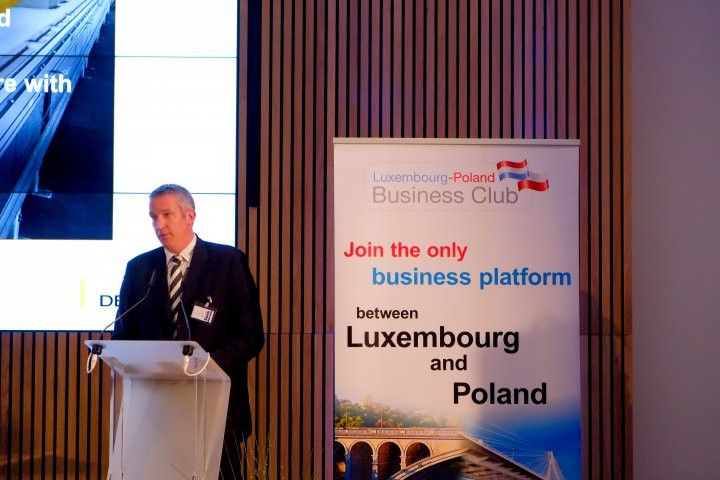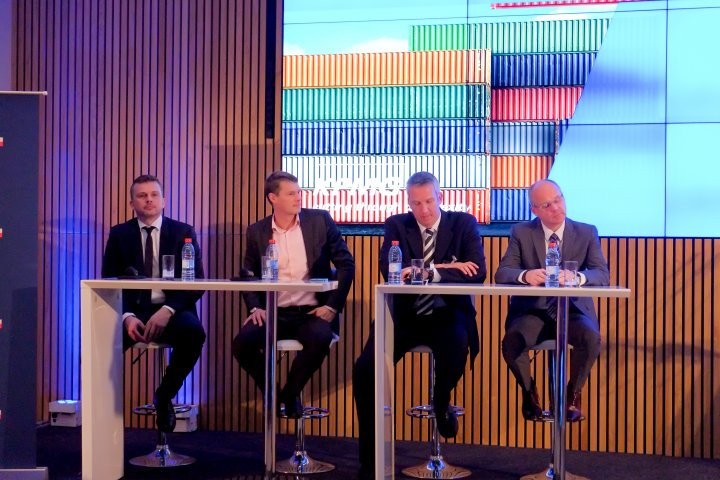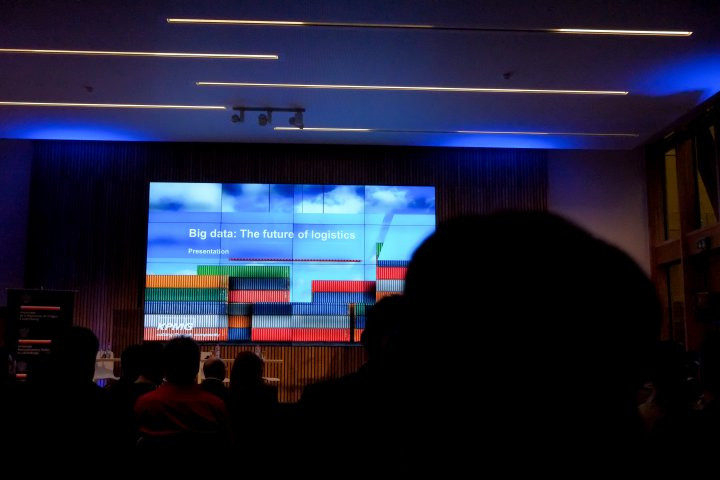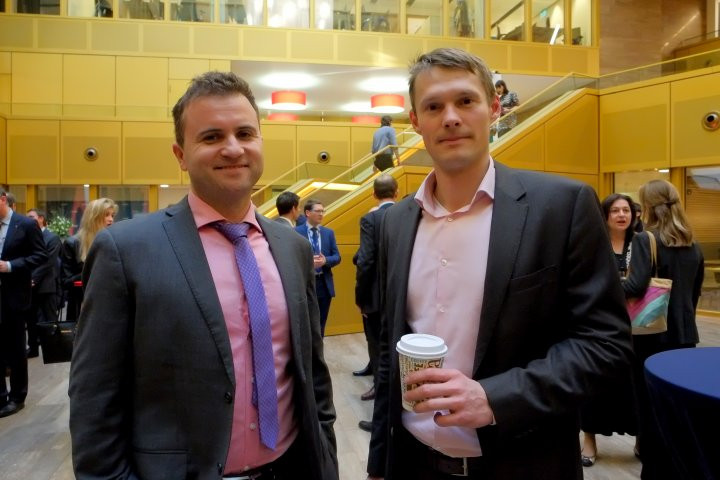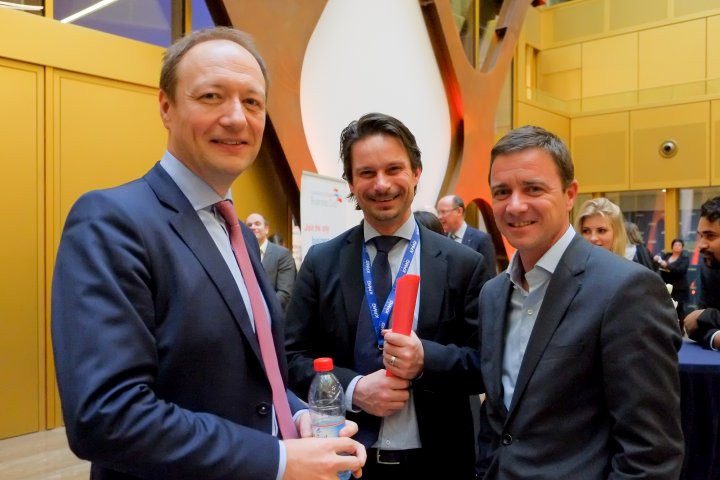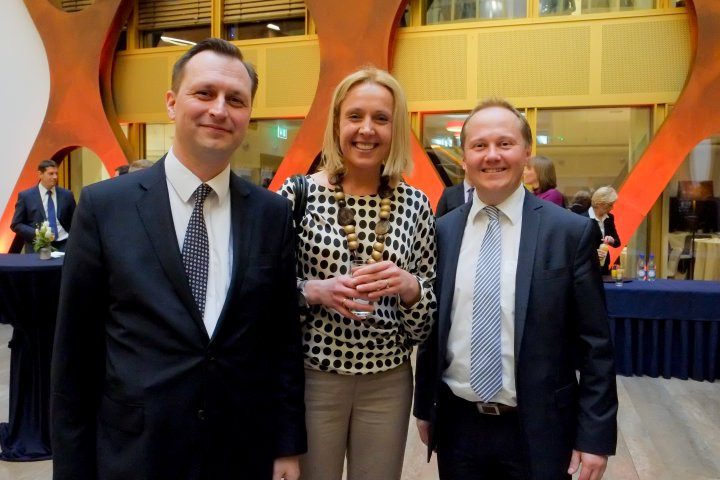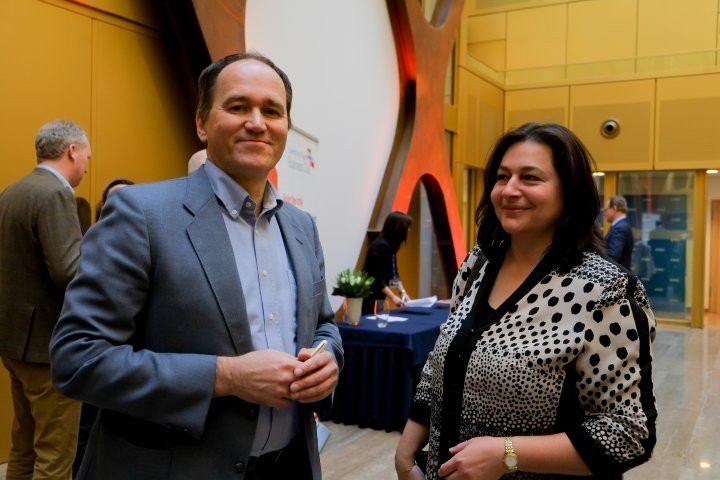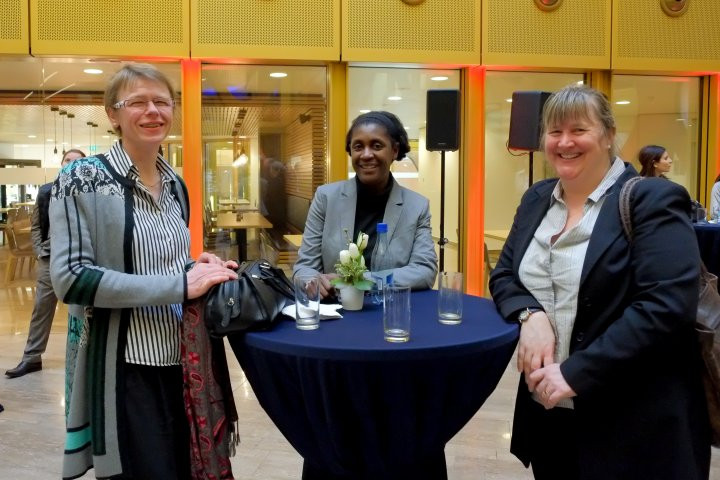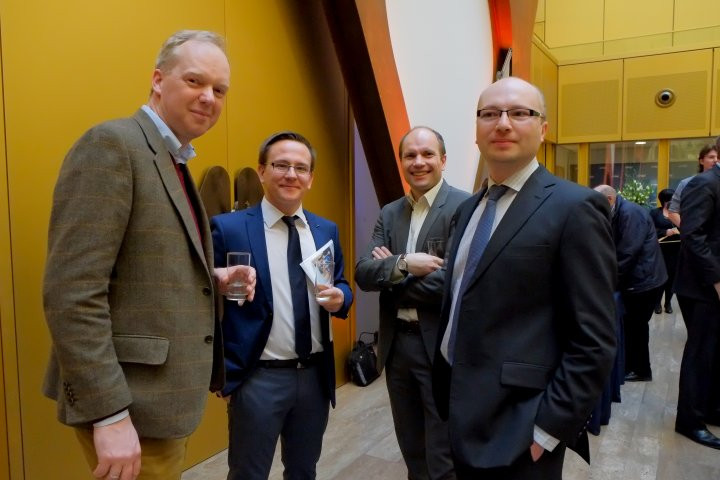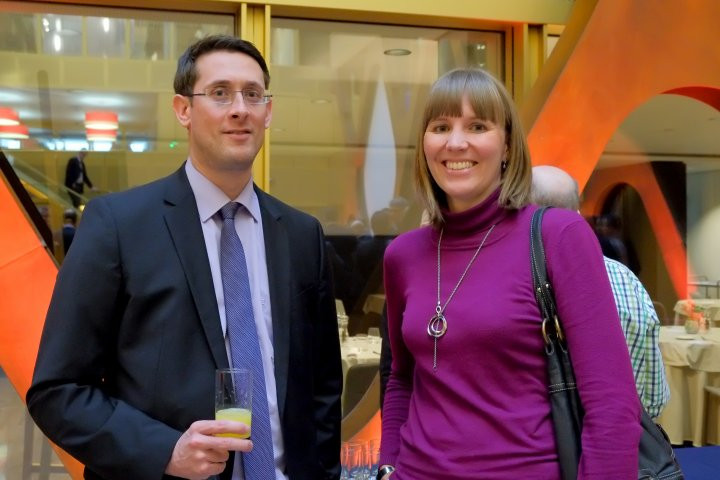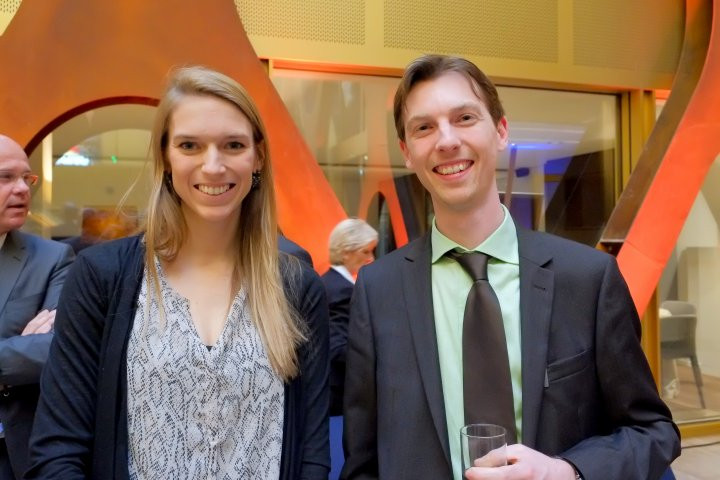“I am convinced there are opportunities for developing the logistics sector by using ICT,” Étienne Schneider, Luxembourg’s deputy prime minister said on Tuesday evening. But “data alone does not generate opportunity. We need to turn them into smart data.”
He was speaking at the “Big data: the future of logistics” conference, organised by KPMG, the Luxembourg-Poland Business Club and Poland’s embassy to the Grand Duchy.
“Big data refers to the idea that society can do things with a large body of data that weren’t possible when working with smaller amounts,” according to The Economist. Originally it was applied to fields such astrophysics and automated translation. “Now it refers to the application of data-analysis and statistics in new areas, from retailing to human resources,” the publication explained.
Potential in Luxembourg
Noting that logistics is a big part of the Luxembourg government’s economic growth programme, Schneider said in his speech that big data had the potential to solve problems from supply chain management to road congestion.
And with rising concerns over privacy and hacking, Luxembourg offers high security standards for handling sensitive data, while still allowing high efficiency, driven by its experience in the financial sector, argued Schneider.
He spoke in favour of further linking the multimodal transit centres in Luxembourg and Poland, meaning Luxembourg exports could more efficiently access eastern Europe via Poland and Luxembourg could serve as a hub for Polish goods headed towards countries such as France and Spain.
Schneider, who is also the economy and defence minister, said that during a recent mission to Poland he was impressed by the level of the IT skills of recent university graduates.
One advantage of big data for a smaller economy is that a country does not have to be big to take advantage of it, said Bartosz Jałowiecki, Poland’s ambassador to the Grand Duchy. Both countries are well positioned to profit from big data’s benefits since both have flexible economies and outlooks, in the ambassador’s view.
Using big data
Pascal Denis of KPMG cited studies showing the amount of data is doubling every year. But what to do with the mounds of information?
Piotr Reichert of Comarch, a Polish firm which provides IT services to large organisations, said its Luxembourg unit has used big data findings to develop an entirely new supply chain finance product, for instance. Payment delays “for small suppliers” are “sometimes a killer”. So the system matches sellers who have buyers with banks and has been used to settle more than 300m invoices in 12 countries since 2008, he said.
Rafał Markiewicz of InPost, founded as a private competitor to state-run Polish Post, said his firm provides automated parcel distribution machines (and is currently testing automated laundromat drop off and pick up machines) in 21 countries from the Baltics to Chile. InPost based its finance unit in Luxembourg since electronic payments are an important part of e-commerce in many markets. More than 90% of e-commerce customers pay online in the UK, compared with roughly 10% in Russia, according to Markiewicz.
Just in time
His colleague Maciej Jaroszuk-Rozycki said big data helps the company learn how to better manage delivery to its outlets, “because there is a limited amount of locker spaces”. One location in a trendy part of Warsaw needs to be restocked six times a day, he said. In the UK around half of parcels are picked up after 4pm and roughly one third are collected over the weekend, for example.
Michael Kreutzmeyer explained that his firm, Luxembourg-based Dematic, provides hardware and software for automating warehouses, including 50 Amazon distribution centres. Big data helps plan staffing for seasonal peaks in workload such as the winter holiday season.
In addition, he observed a new trend that consumers will now order, say, ten pair of shoes of different colours and sizes, and then return the nine they do not like. Big data helps a company like Amazon restock its warehouses so those items can be resold quickly. That is important because, citing an old retailing maxim, “What you can’t sell today, you can’t sell tomorrow”.
Francis Castelin of Transalliance, a transport firm that moved its headquarters from the French city of Nancy to Luxembourg in 2010, said technology has the potential to fundamentally shift how the sector is viewed by customers. “Big data could help logistics become an investment and not a cost”.
Club news
Artur Sosna, head of the two year old LPBC, stated that club had reached 25 corporate members and 50 individual members. He also announced the LPBC will host a second women’s entrepreneur training programme in the autumn.
